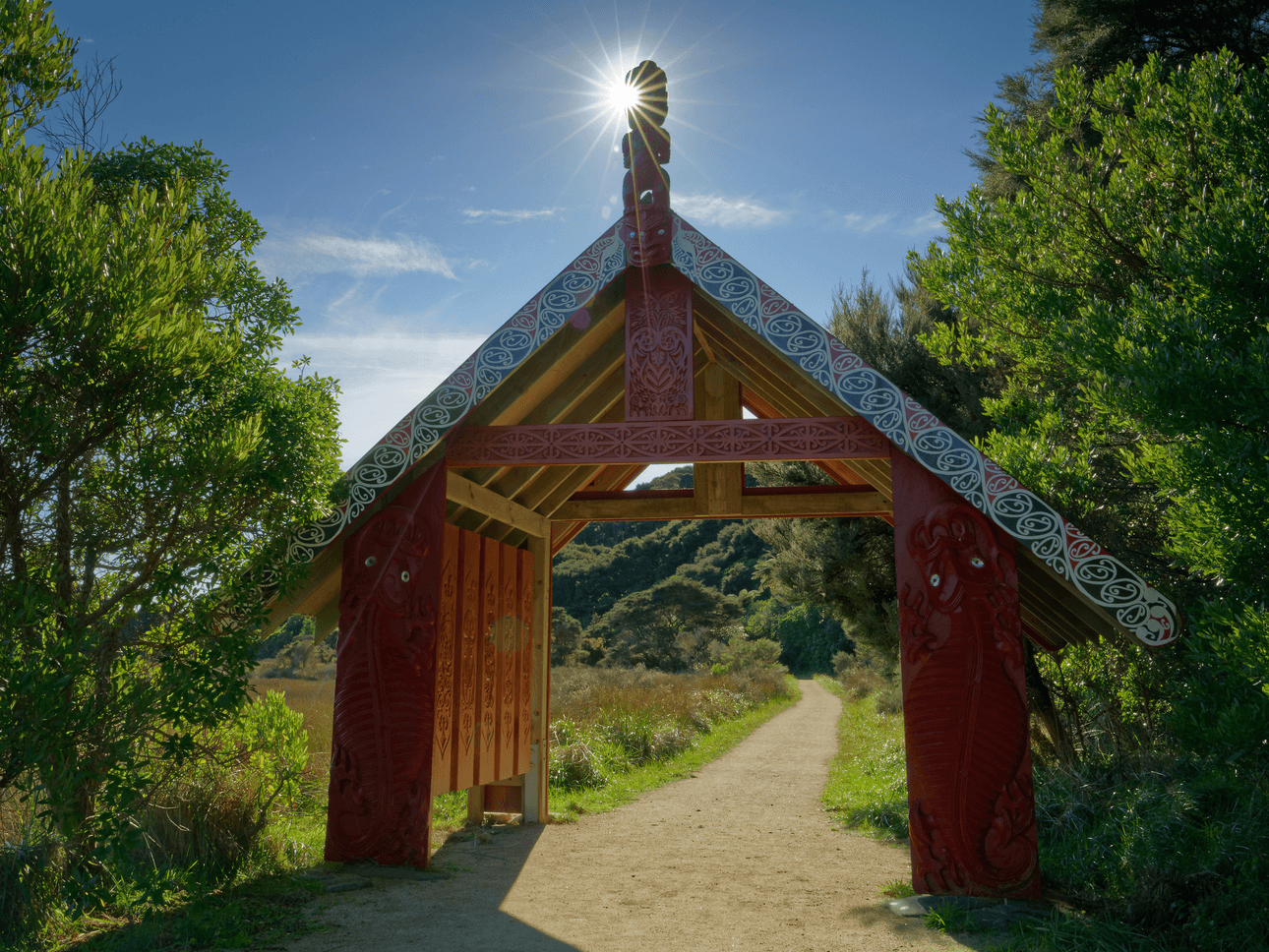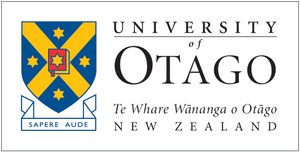Covid-19 has reset our understanding of the world. From this crisis comes opportunity, and University of Otago professor Merata Kawharu (Ngāti Whātua, Ngāpuhi) believes it’s a chance to apply traditional principles to our new normal.
In a really short time, we have become attuned to doing things very differently. In just a few months, Covid-19 has come to dominate just about every facet of our existence. We’ve had to adjust.
But we do not have to sit and wait for the next instructions on what we can and cannot do. Now is the time to reimagine a future we want to see on human and environmental levels, and from new standpoints. Coping with uncertainty is a big issue on people’s minds, but it is precisely the unknown future that provides seedbeds for creating new opportunity.
Of course, we must acknowledge the hardships, often severe, that families are now facing. For some, these are completely destabilising. But from a Māori community perspective, smart thinking from the ground up is where we can, and should, begin to help our own and help others.
The cry from Māori communities is simply this: who is looking to harness the opportunity to create new jobs and to look after Papatūānuku in ways not yet imagined? What if solutions to this human crisis, the economic crisis and the pre-pandemic environmental crisis – are actually already here, but they are not yet being realised? And what if the taniwha – the metaphorical guardian – who has lain dormant is again stirring because of crisis?
Imagine if the taniwha awoke to kick-start an old-world approach where our ancestral values support today’s rangatira (leaders) and pōtiki (entrepreneurs) – who can unify community strength and who can create something transformational for that community. If we are to utilise this energy, other communities and our nation can be strengthened too. Here I am talking about developing community enterprise that is culturally based, environmentally sensitive and economically smart, and all of this within the frame of kaitiakitanga or collective guardianship and innovation.
Activating kaitiakitanga also means thinking about other traditional values that may guide innovation. There is mana or ideas of authority, perspective, security and positioning. There is manaakitanga, or ideas about care and consideration of people’s needs. The combination of these things will see oranga, or health and wellbeing, returned, revived and revitalised.
I am not talking about returning to the “business as usual” we knew prior to Covid-19. The unusualness of now is already seeing an improvement in our environment and a decline in carbon emissions, but these outcomes should be deliberate rather than by accident. By taking advantage of our unexpected global reset, marae communities can regain the initiative by designing their own development agenda.
We were told that the best thing to do to manage this ngangara, this virus, is to stamp it out as best we can. This meant hard, fast, drastic action. The same applies to developing solutions: tackling the challenges we face, being fearless yet careful, calculated yet courageous.
Unleashing the taniwha means unlocking the potential of marae lands. The opportunity of transforming ancestral lands into gardens of taonga (heirloom) species and their kōrero (stories) is immense. And it’s much more than just developing local economies. It means providing much-needed food to their people as well as the wider public, near and far.
Growing gardens is hardly new though. We need to also revive other food sources in our awa and forests, clean up waterways and restore the health of native forests by repairing the damage wrought by possums, invasive weeds and diseases so that foods and rongoā (medicine) can re-enter the economy. It is also about building a circular economy between the home marae people, their descendant consumers and the wider public, who are encouraged to return food scraps and labour and so support marae.
At its heart is building jobs among a hapū community right the way through the value chain, reconnecting people to kāinga, kai and culture. Imagine building enterprises associated with the geographic uniqueness of marae-centred gardens, like community kitchens, like processing and warehousing hubs, like associated heritage centres and tourism sites that offer real “life” experiences. There might also be kai kitchen coffees, maybe even locally grown coffee or tea, taking advantage of the climate shifts now affecting New Zealand.
The entrepreneurial gardens of Ngāti Whātua o Ōrākei’s Ko Te Pūkaki’, and Northland communities in Whirinaki and Tautoro (among others), are engaging in pā-to-plate enterprises that connect foods and resources from home marae with descendants living locally and in towns and cities. They show us what is possible, but also unrealised for now.
Unleashing the taniwha could revive and develop new maramataka or calendars based on traditional te ao Māori knowledge of seasons and patterns of growth and potentially enable new or hybrid food species to enter our food chain. Then there are the untapped local energy resources that we have not yet even started thinking about. These could assist marae communities to become catchment centres of energy production and distribution that are environmentally and culturally accountable.
Covid-19 has shown to humanity everywhere that community cohesion and connection are vitally important. This means supporting “the local” authentically, not tokenistically. We need to support communities and their leaders to design novel investment platforms from their lands for intergenerational benefit. These platforms will then connect those who are still living locally and support those who have left for the cities one or more generations ago.
Treasury tells us that the extreme uncertainties of the future mean that “economic forecasting becomes less about predicting likely outcomes, and more about illustrating salient possibilities”. The role of comprehensive marae community development must be factored into this picture.
Then the taniwha can rest again until the next time it awakens to confront challenges of the future.
This content was created in paid partnership with the University of Otago. Learn more about our partnerships here.

